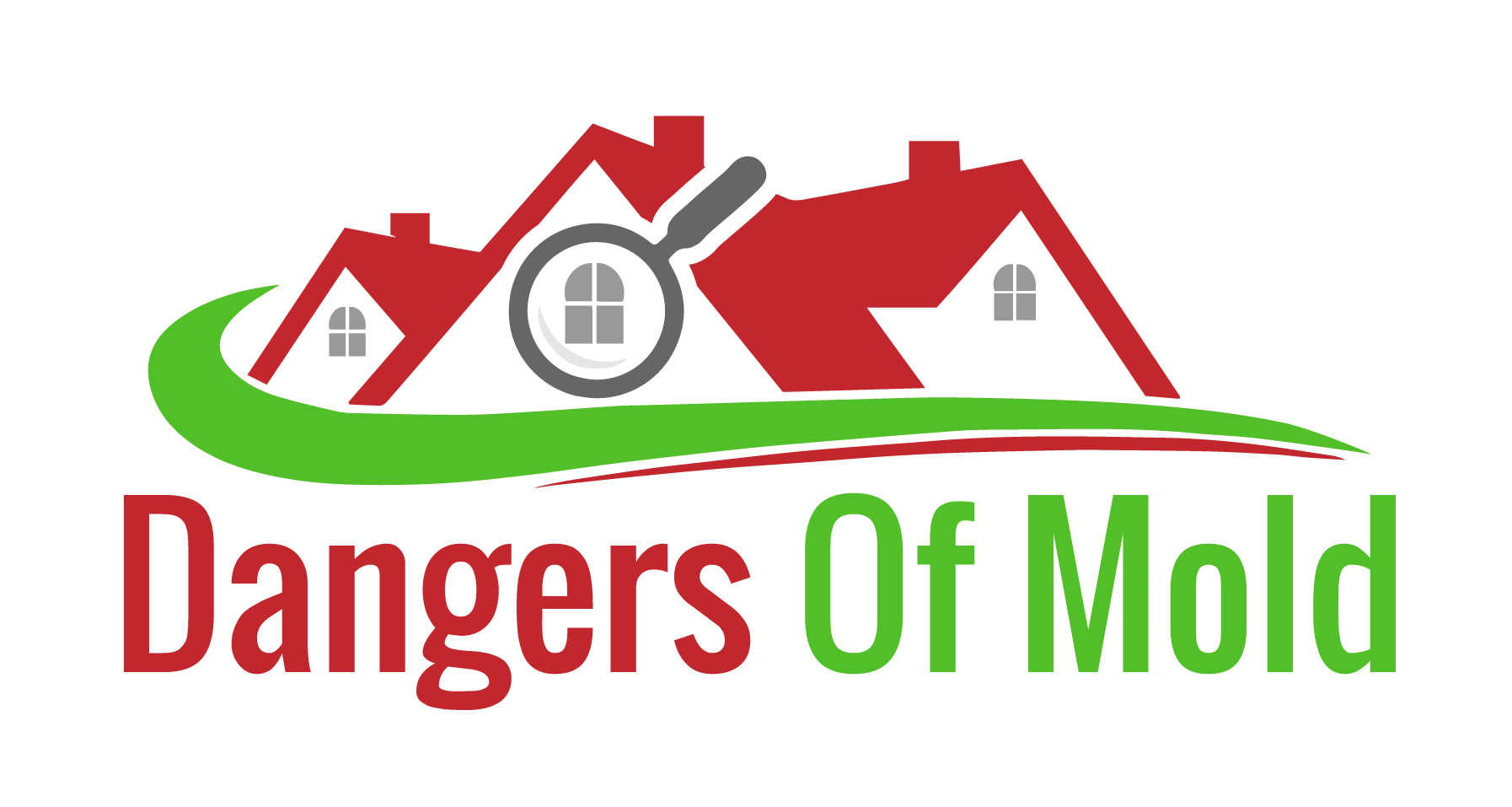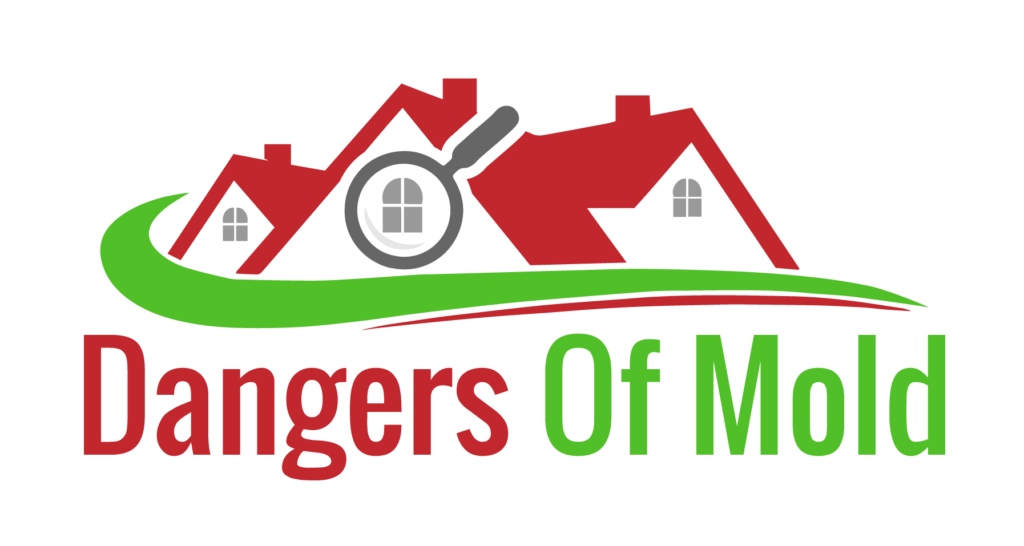People vary in their sensitivity to mold and its byproducts. Some individuals may be more susceptible to the effects of mold exposure, experiencing symptoms even with low levels of exposure. Factors such as genetic predisposition, overall health, and pre-existing conditions can influence an individual’s response.
Individual Sensitivity By Mold
Individual sensitivity to mold and its byproducts refers to the variation among people in their reactions to exposure to mold. Some individuals may be more sensitive or susceptible to the effects of mold, experiencing symptoms even at lower levels of exposure, while others may not be significantly affected. Several factors contribute to individual sensitivity to mold:
Genetic Predisposition: Genetic factors play a role in determining an individual’s susceptibility to allergies and immune responses. Some people may have a genetic predisposition that makes them more prone to allergic reactions to mold.
Immune System Function: The health and function of the immune system influence how the body responds to mold exposure. Individuals with weakened or compromised immune systems, such as those with certain medical conditions or taking immunosuppressive medications, may be more vulnerable to the effects of mold.
Allergies: Individuals with pre-existing allergies, particularly respiratory allergies like hay fever, may be more likely to develop allergic reactions to mold. Mold allergens can trigger responses similar to those caused by other allergens like pollen or pet dander.
Respiratory Conditions: People with asthma or other respiratory conditions may experience exacerbation of their symptoms when exposed to mold. Mold spores and other particles can irritate the airways, leading to respiratory distress.
Overall Health Status: The overall health of an individual can influence their ability to tolerate and respond to mold exposure. Healthy individuals may be better equipped to handle the effects of mold, while those with underlying health issues may be more susceptible to adverse reactions.
Previous Exposure: Individuals who have experienced previous exposure to mold or water-damaged environments may develop sensitivities over time. This is known as acquired sensitivity, and repeated exposure can lead to an increased immune response.
It’s important to note that not everyone exposed to mold will experience health problems, and symptoms can vary widely. Some individuals may have no noticeable reaction, while others may experience mild to severe symptoms.
Common symptoms of mold sensitivity can include:
- Sneezing
- Runny or stuffy nose
- Itchy or watery eyes
- Skin rashes or irritation
- Coughing
- Wheezing
- Shortness of breath
- Headaches
- Fatigue
If individuals suspect that mold exposure is affecting their health, it’s advisable to consult with a healthcare professional for proper evaluation and guidance. Managing mold sensitivity often involves identifying and addressing the source of mold, improving indoor air quality, and taking measures to reduce exposure.
It’s important to note that while there is evidence suggesting an association between mold exposure and certain health symptoms, the scientific understanding is still evolving. Additionally, symptoms like headaches and fatigue can have various causes, and mold exposure is just one potential factor.
If individuals experience persistent or severe symptoms, it’s crucial to consult with a healthcare professional for a comprehensive evaluation. Additionally, addressing the underlying cause of mold growth in indoor environments and taking steps to improve indoor air quality can be essential in managing potential health risks associated with mold exposure.

